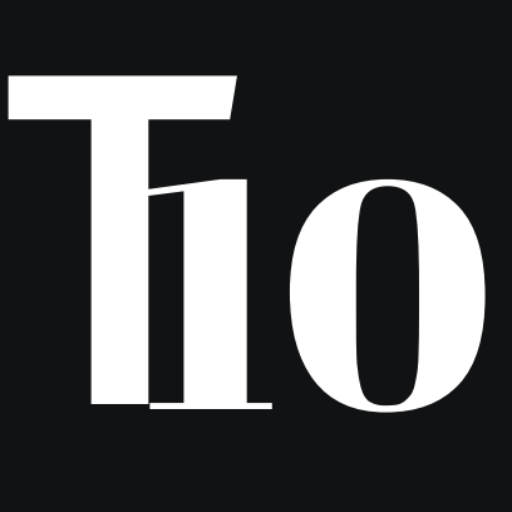The digital realm, ever-evolving and unpredictable, has offered a myriad of moments that have left an indelible mark on our collective consciousness. From seemingly innocuous debates about dress colors to monumental shifts in global communication dynamics, the internet, with its vast expanse, has birthed phenomena that no one could’ve foreseen. In this list, we’ll dive deep into the “Top 10 Internet Moments That Broke the Web,” reliving those instances where the world, for a brief moment, seemed to pause, react, and passionately engage. Strap in for a nostalgic journey through the virtual milestones that defined the internet era.
10- Twitch Controls Pokémon
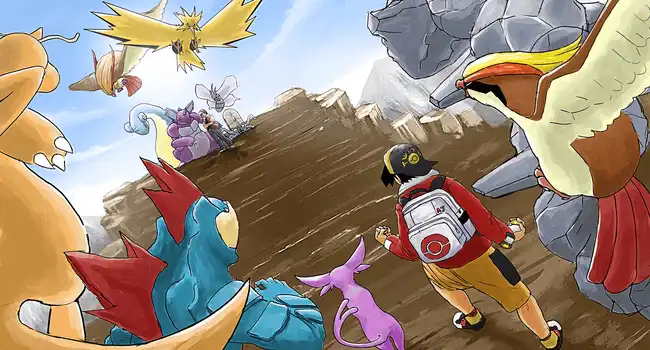
Photo Credit: Spuf
In 2014, a phenomenon hit the streaming platform Twitch. Dubbed “Twitch Plays Pokémon,” this experiment allowed thousands of viewers to collectively control a Pokémon game. Using chat commands, participants moved the character, selected Pokémon, and engaged in battles. Initially, many dismissed this chaotic venture. However, the communal effort gradually formed strategies and overcame in-game challenges. The endeavor showcased the internet’s power of collaboration. Impressively, this chaotic horde achieved what seemed impossible: they completed the game. Additionally, it inspired a slew of similar projects, proving that gaming wasn’t just a solitary pastime. Bloggers, including myself, marveled at this blend of social media and classic gaming. Truly, this event was more than a game; it was a testament to collective internet determination. Ultimately, this online spectacle became a significant moment in internet history, uniting nostalgic gamers and curious onlookers alike.
9- Ice Bucket Challenge
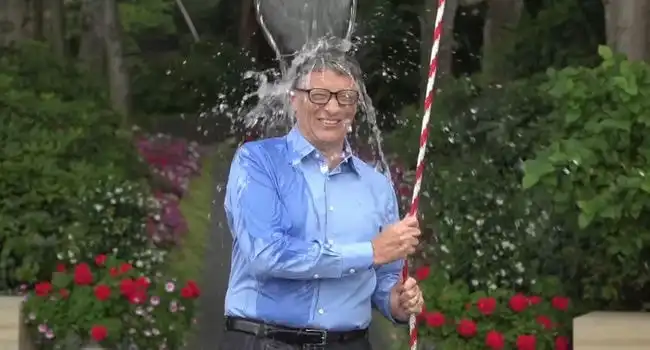
Photo Credit: The Drum
Summer 2014 witnessed another internet storm: the ALS Ice Bucket Challenge. Participants, including celebrities, doused themselves with ice-cold water, then challenged others. Initially, it seemed like another fleeting internet trend. However, this viral sensation had a philanthropic twist. Aimed at raising awareness and funds for ALS (Amyotrophic Lateral Sclerosis), the challenge exceeded expectations. Millions participated globally, and it raised over $115 million for ALS research. Besides the fun, it showcased the internet’s potential for genuine societal impact. Video platforms overflowed with hilarious reactions and heartfelt messages, each amplifying the campaign’s mission. It wasn’t just about viral fame; it was about making a difference. Consequently, this event solidified the internet’s power in mobilizing global communities for a shared cause.
8- The Dress Debate

Photo Credit: ABC7 News
In 2015, a seemingly ordinary picture of a dress shattered the internet’s collective sanity. Was the dress blue and black or white and gold? Overnight, the image went viral, dividing netizens into two fervent camps. Bloggers, scientists, and celebrities all weighed in, each offering theories. Despite its frivolous nature, this visual conundrum underlined the complexities of human perception. Additionally, it demonstrated the internet’s ability to amplify mundane things into global debates. Conversations about the dress weren’t just limited to color; they transitioned into discussions on optical illusions and neuroscience. For weeks, it dominated social media, talk shows, and water cooler discussions. In essence, this dress became a symbol of the internet age, highlighting how something trivial could become a universal talking point.
7- Pokémon Go Mania
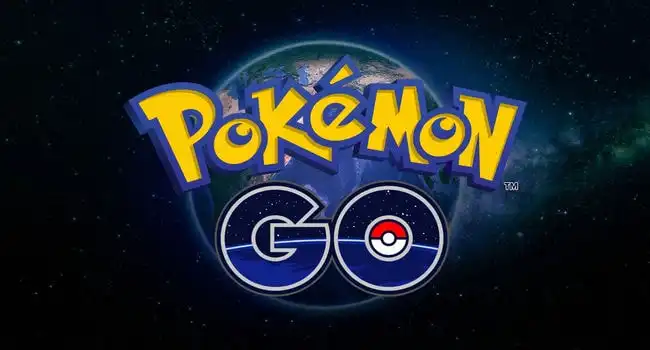
Photo Credit: Tech in Asia
2016 introduced a game-changer: Pokémon Go. Niantic’s augmented reality game blended the digital and physical worlds, encouraging players to explore real-world locations. Suddenly, parks, monuments, and streets brimmed with players chasing virtual Pokémon. At its peak, it seemed everyone, regardless of age, was playing. It wasn’t just a game; it was a cultural phenomenon. Streets buzzed with stories of newfound friendships, unexpected adventures, and hilarious mishaps. This game wasn’t just about catching them all; it was about reimagining urban spaces and social interactions. For many, it represented a breath of fresh air in the increasingly indoor-oriented world of gaming. Consequently, Pokémon Go will forever remain a testament to the internet’s ability to reshape societal behaviors and norms.
6- Facebook Data Scandal

Photo Credit: Times of India
In 2018, Facebook found itself in a whirlwind. Revelations surfaced regarding Cambridge Analytica’s misuse of Facebook data, impacting millions of users. Initially, the implications seemed contained. However, as more details emerged, the magnitude of the breach became evident. This wasn’t just about data; it was about trust. Users began questioning their relationship with internet platforms, sparking widespread debates on digital privacy. Bloggers, myself included, dissected the nuances, implications, and potential remedies. This scandal wasn’t an isolated incident; it was indicative of larger systemic issues in the digital age. Subsequently, it spurred significant policy changes, legislative actions, and a more informed digital populace. As such, this moment serves as a sobering reminder of the internet’s double-edged sword: boundless connectivity and potential vulnerability.
5- Gangnam Style Billion
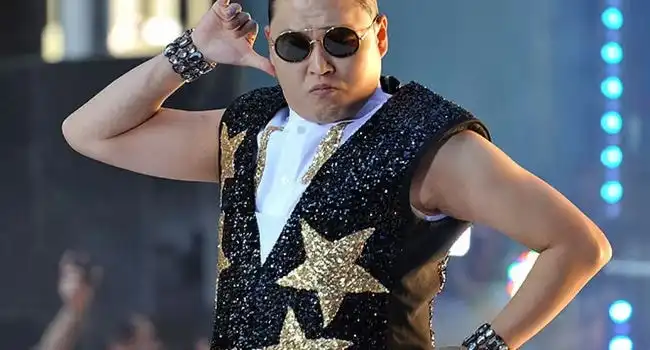
Photo Credit: SBS
In 2012, South Korean singer PSY introduced “Gangnam Style” to the world. Initially, its quirky dance and catchy beat caught attention. However, no one predicted its meteoric rise. Soon, it wasn’t just a song; it was a global sensation. The music video became the first to cross 1 billion views on YouTube, smashing records. But it wasn’t just about the numbers; it marked a shift in global entertainment consumption. No longer were songs or artists bound by geographical or linguistic barriers. The internet had truly democratized entertainment, and “Gangnam Style” stood as proof. As a result, this moment wasn’t just a musical milestone; it was a testament to the global village the internet had fostered.
4- Reddit’s GameStop Saga

2021 kicked off with an unexpected twist. A group on Reddit, WallStreetBets, rallied behind GameStop’s stock, driving its price to unprecedented heights. Initially, it seemed like another internet meme. However, as GameStop’s stock skyrocketed, financial institutions scrambled. This wasn’t just about stock prices; it was a clash of internet culture and traditional finance. Suddenly, amateur traders and meme lords held significant sway over Wall Street giants. Furthermore, it underscored the power of collective internet mobilization, proving that when united, online communities could wield tangible real-world influence. Consequently, this moment will forever be remembered as the time when the internet took on Wall Street – and momentarily won.
3- Twitter Bitcoin Breach
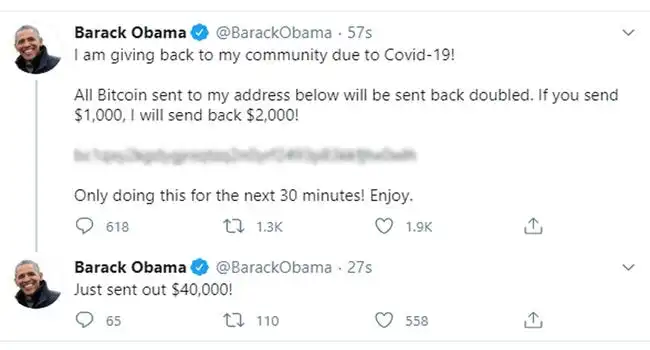
2020 saw a significant breach: major Twitter accounts promoting a Bitcoin scam. Prominent figures like Elon Musk, Bill Gates, and Barack Obama seemingly tweeted out cryptocurrency giveaways. Initially, it seemed like individual account hacks. However, as more high-profile accounts were compromised, the gravity of the situation unfolded. This wasn’t just a scam; it was a massive security lapse. The incident raised questions about digital safety, even on major platforms. Subsequently, it triggered an introspection into security protocols, user trust, and platform accountability. In essence, this event wasn’t just a cyber-attack; it was a wakeup call for the digital world, reminding everyone of the lurking vulnerabilities in even the most robust systems.
2- TikTok’s Global Rise
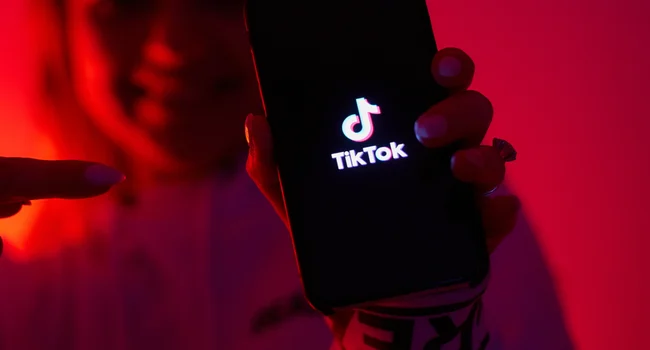
Photo Credit: Search Engine Journal
Around 2018, a new app started making waves: TikTok. Initially, it seemed like another platform for short videos. However, its exponential growth showcased its unique appeal. Soon, it wasn’t just an app; it was a cultural powerhouse. With its bite-sized content, engaging algorithms, and viral challenges, TikTok reshaped online entertainment. Celebrities, brands, and ordinary users all flocked to it, each finding a voice. Moreover, its influence wasn’t confined to entertainment; it became a tool for activism, education, and social change. Consequently, TikTok’s meteoric rise wasn’t just about viral dances; it was about the evolving dynamics of internet culture in the 21st century.
1- Facebook’s Global Debut
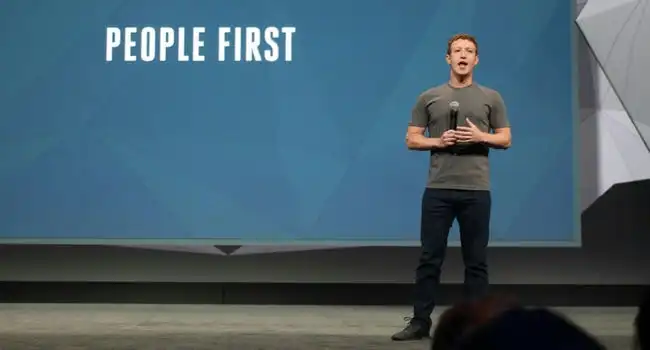
In 2004, a college project changed the digital landscape. Mark Zuckerberg introduced Facebook, initially targeting Harvard students. Gradually, it expanded, enveloping universities, then countries, and eventually the globe. However, its impact transcended its initial student-networking purpose. Facebook wasn’t just a website; it was the dawn of a new digital era. It redefined social interactions, business models, and global communication. Moreover, its influence molded subsequent platforms, dictating the rhythm of the internet. Events, movements, and revolutions found a voice through it, proving its transformative power. In essence, Facebook’s launch wasn’t just the birth of a platform; it was the genesis of the modern social internet.
